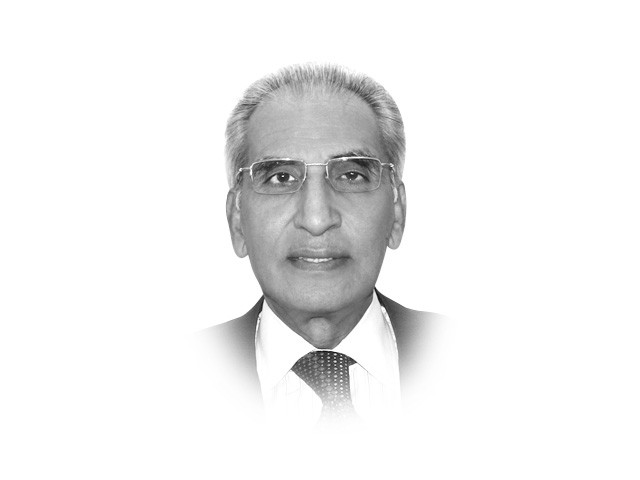Queering the pitch
With hostility to foreign forces 'infecting’ Afghan security forces, US claims of progress, lack conviction.

Over the past year, the Obama Administration began taking military and diplomatic initiatives to create conditions to permit the withdrawal of US combat troops by 2014. However, to cover his flanks from Republican sniping, the Administration counted on visible progress in the Afghan security situation — especially after Osama bin Laden’s elimination and the capture/killing of other al Qaeda leaders — to justify the transfer of security responsibilities to the National Army. News of a Taliban office opening in Doha was followed by reports of Washington’s willingness to release five Taliban leaders, currently in Guantanamo. Though none of this guaranteed Taliban readiness to make the concessions that the US wanted before its departure from Afghanistan, the reports nevertheless generated a degree of optimism.
However, these initiatives appear to have been taken without the confidence of neighboring countries, and possibly even President Hamid Karzai, who, fearing abandonment, caustically remarked that, “America cannot negotiate on our behalf with the Taliban and with us on behalf of the Taliban”. Karzai also began dragging his feet into the US-Afghan Strategic Partnership that would allow the US to retain some of its bases in Afghanistan. The Taliban, not surprisingly, sought to portray its presence in Doha as diplomatic endorsement for its claim to be a major legitimate player in Afghan politics.
But in the midst of new-found confidence that the US may actually be able to pull off a dignified exit — courtesy of an understanding with the Taliban — the scale and depth of reaction in Afghanistan over reports of the burning of the Holy Quran by US troops has exposed both the fragility of Kabul-Washington ties and the complexity of challenges confronting the US. What must be particularly galling is that the reaction was not confined to Pashtuns areas but affected the entire country with foreign forces being attacked in the Tajik city of Herat and a UN office being stormed in the northern city of Kundus. Ironically, for President Obama, his ‘apology’ for this act of sacrilege not only failed to douse Afghan passions but also provided Republican hopefuls an excuse to lash out at the President.
In a situation where hostility to foreign forces appears to have ‘infected’ even the Afghan security forces, US claims that the troop surge has weakened the Taliban, or that intensive training of Afghan security forces will allow handing over of security responsibility to local forces by 2014, lack conviction. What makes it worse is the suspicion that the killers may not have been Pakhtuns but Tajiks, which raises the frightening prospect that at the very time the Americans are reaching out to the Taliban, they may be loosing confidence of their erstwhile allies, the Tajiks and Uzbeks. In other words, every armed Afghan has become either a potential killer or a suicide bomber. This also raises the likelihood that the American opening to the Taliban may have upset not only the non-Pashtuns but also Karzai and some regional powers, which only confirms what the former UN special envoy to Afghanistan, Kai Eide, points out in his book, Power Struggle over Afghanistan that, while neither the UN nor Nato partners were ever consulted by the US, ‘the Afghan authorities had mostly been spectators to the formation of a strategy aimed at solving the conflict in their own country.’
If arrogance reinforced by ignorance remains the driving force of US policy in Afghanistan, expectations of development taking place in a logistical fashion in such a diverse and complex country would be unrealistic. The Americans may, however, find some solace in knowing that they would not be the first great power to leave Afghanistan in a greater mess, with its prestige and reputation severely dented.
Published in The Express Tribune, March 7th, 2012.













COMMENTS
Comments are moderated and generally will be posted if they are on-topic and not abusive.
For more information, please see our Comments FAQ